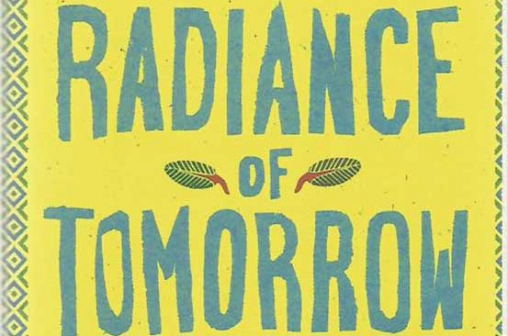×
The Standard e-Paper
Home To Bold Columnists

Conflicts have been part of Africa for a long time. Currently there are conflicts, rebellions or civil unrest in the Democratic Republic of Congo, Central African Republic, Burundi, Somalia, South Sudan, Uganda, Ethiopia, Western Sahara, Senegal and Egypt.
Many African countries have suffered greatly from civil strife and today Sierra Leone, Liberia, and Rwanda are still rebuilding after deadly conflicts.